Microplastic
The pollution of the world's oceans with plastic waste has been intensively documented in recent years. Large quantities of plastic particles have already accumulated in the sediment as well as in the pelagic of the oceans and are taken up by a wide variety of organisms. As a result, they accumulate in the food web and thus pose a threat to humans and the environment. In contrast, there are only a few studies regarding plastic pollution in limnic and terrestrial ecosystems. There is still a great need for research on the input as well as the potential endangerment of these ecosystems by plastic particles.
The long-standing expertise of the Chair of Animal Ecology I in the field of microplastics ranges from quantification and identification of microplastics from environmental samples of aquatic and terrestrial systems to method development and ecotoxicological studies. We are involved in numerous projects investigating microplastics in different environmental media on a national as well as international level.
Ongoing projects
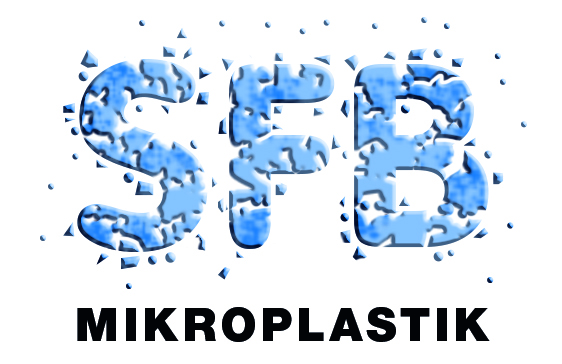
Sonderforschungsbereich 1357 Mikroplastik
Understanding the mechanisms and processes of biological effects, transport, and formation: from model to complex systems as a basis for new approaches to solutions.
Speaker: Prof. Dr. Christian Laforsch
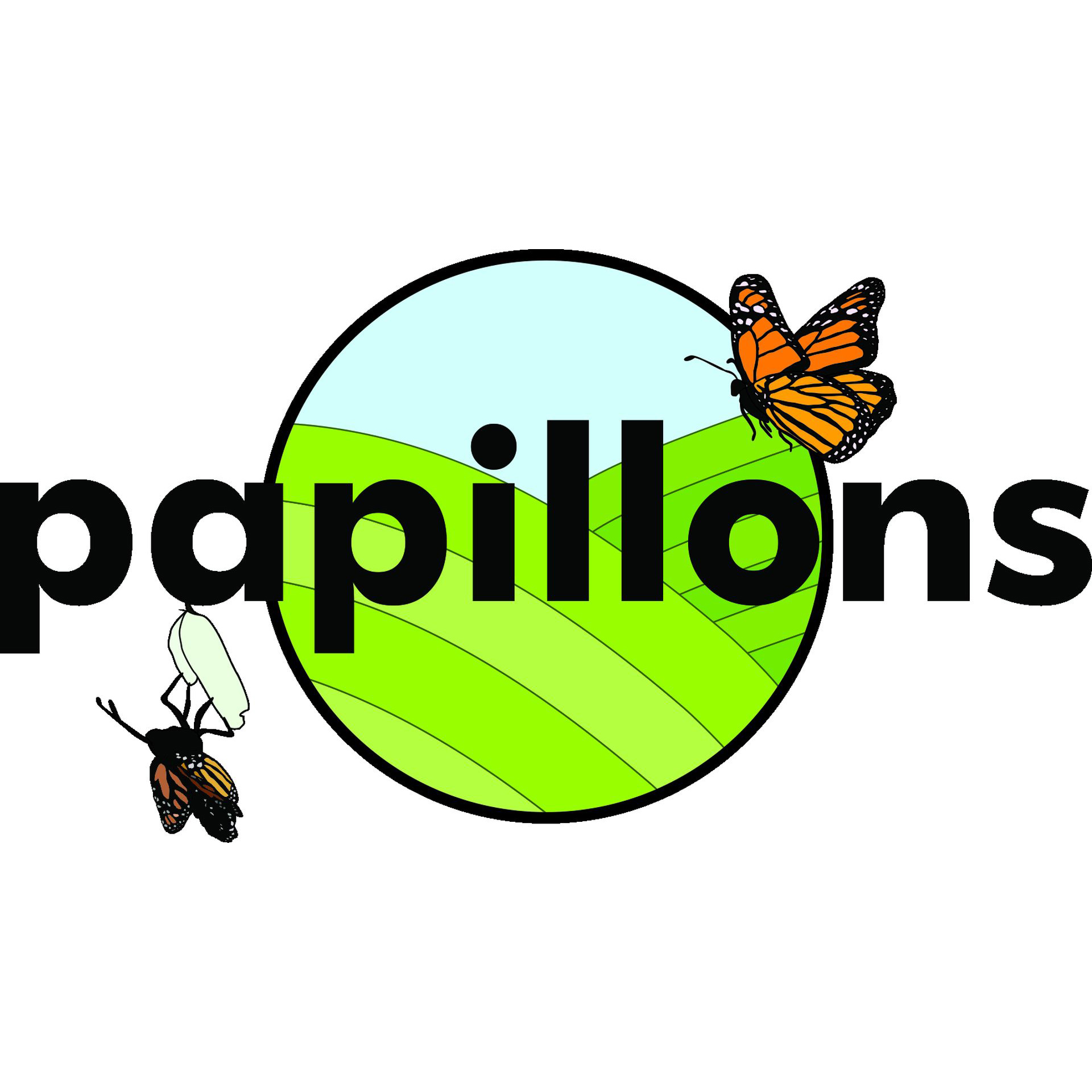
© Logo Papillons
PAPILLONS - Plastic in Agricultural Production: Impacts, Lifecycles and LONg-term Sustainability
Every year in Europe, about 2 million polymers are processed into agricultural plastics (AP) that improve crop protection and performance. More than a third of these are used for crop films, micro-irrigation systems, silage, packaging and containers. During use and at end-of-life, some AP degrade and generate fragments, including micro- and nanoplastics (MNP), which can accumulate in soil ecosystems. The long-term effects of this pollution are unknown.
The goal of the Papillons project is to investigate the sources, behavior, and ecological impacts of micro- and nanoplastics in agricultural soils, fill existing knowledge gaps, and provide a "one-stop shop" for information.
funded by: European Union's Horizon 2020 Research and Innovation programme (2021).
Further information: https://www.papillons-h2020.eu/
PlasticsFate - Plastics Fate and Effects in the Human Body
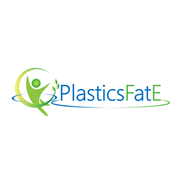
The main goal of PlasticsFatE (Plastics Fate and Effects in the human body) is to improve our current understanding of the effects of micro- and nanoplastics (MP/NP) and associated additives/adsorbed contaminants (A/C) in the human body.
In PlasticsFatE, we are investigating (1) the occurrence of MP/NP in a variety of complex matrices such as food (vegetables, fruits, beverages, fish, etc.), consumer products (toothpaste, cosmetics), and relevant environmental media (air, drinking water, soils); (2) the fate (including long-term) of MP/NP in the human body; and (3) the transport of MP/NP through biological barriers and their potential cytotoxicity. PlasticsFatE is part of the European MNP cluster (CUSP) on human health.
PlasticsFatE is a 48-month project funded by the European Union's Horizon 2020 research and innovation program. The project runs from April 1, 2021 to March 31, 2025.
Further information: https://www.plasticsfate.eu/
microplasticATfood - Method development for the qualitative and quantitative detection of microplastics in food, cause and prevention measures.
© UBT / H. Imhof
In microplasticATfood, the first step will be to research whether and in which foods (LM) microplastics are present in the human food chain. In a next step, the research partners will identify the sources and pathways of microplastic < 1 mm in our food. Both quantification and identification of the detected particles will take place in order to draw conclusions about the type of plastic and its origin. The project partners will intensively address the issue of packaging and filling lines as a source of input. In four case studies, the sources of input into important LM groups will be determined. The analytical method developed will be used to evaluate microplastic contamination, which is important for the participating companies, by determining reliable figures.
Project consortium:
- Food Cluster Lower Austria (LMC Lower Austria)
- Industry Association for Food Technology and Packaging (IVLV)
- OFI - Austrian Research Institute for Chemistry and Technology
- Leibniz Institute of Polymer Research Dresden
- University of Bayreuth
- Purency GmbH
- 55 Unternehmen aus der Verpackungs-, Lebensmittel- und Getränkeindustrie
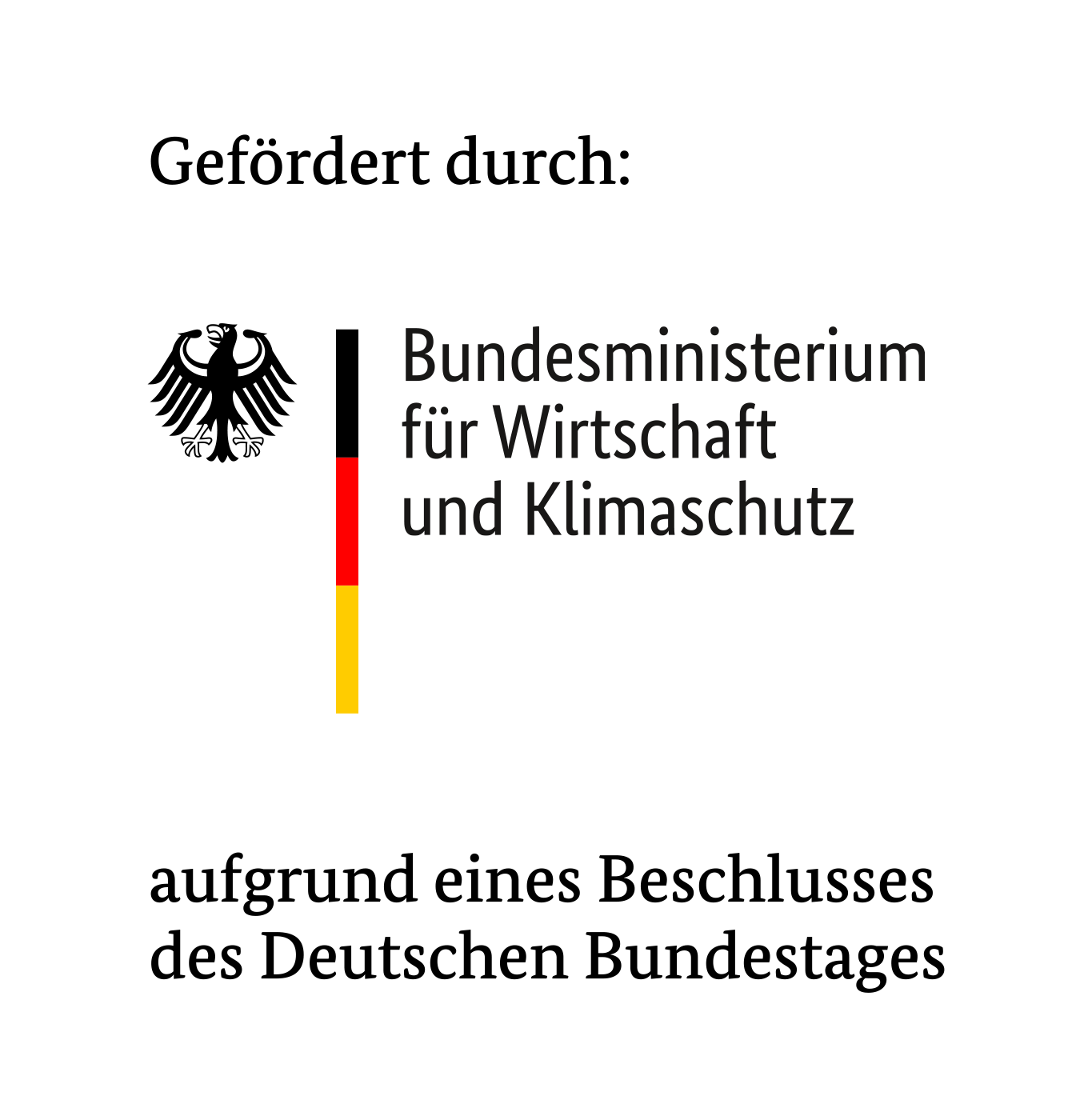
Research position and scientific supervision:
- Leibniz Institute of Polymer Research Dresden IPF e.V., Dr. Dieter Fischer
- University of Bayreuth, Chair Animal Ecology I, Dr. Martin Löder
- in cooperation with ecoplus - Lebensmittel Cluster Niederösterreich and OFI - Austrian Research Institute for Chemistry and Technology
Funding: BMWi, FFG, AiF, CORNET (COllective REsearch NETworking)
CORNET (COllective REsearch NETworking) networks national and regional community research programs from different countries. Currently, 15 funding agencies and ministries from Europe, East Asia, North and South America are involved in CORNET.
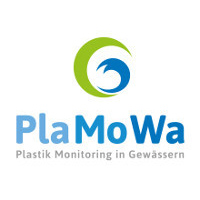
Member of the network for plastic monitoring in waters
funded by: BMWi (2020) - Central Innovation Program for SMEs (ZIM)
Projects:
PlaRaFilm - Production of defined microplastic particles and biofilm coatings as well as biochemical and molecular-genetic investigations.
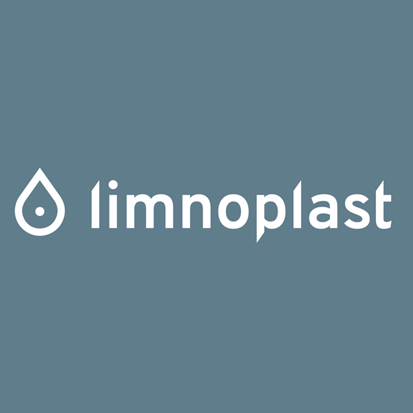
International Training Network LimnoPlast - Micropastics in Europe’s freshwater ecosystems: From sources to solutions
Funded by: EU research program HORIZON 2020 (2019).
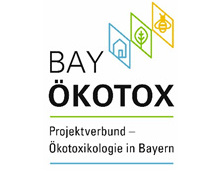
BayÖkotox - Ecotoxicological effects of particulate matter from engine combustion processes on insects.
Funded by: Bavarian State Office for the Environment (2020)
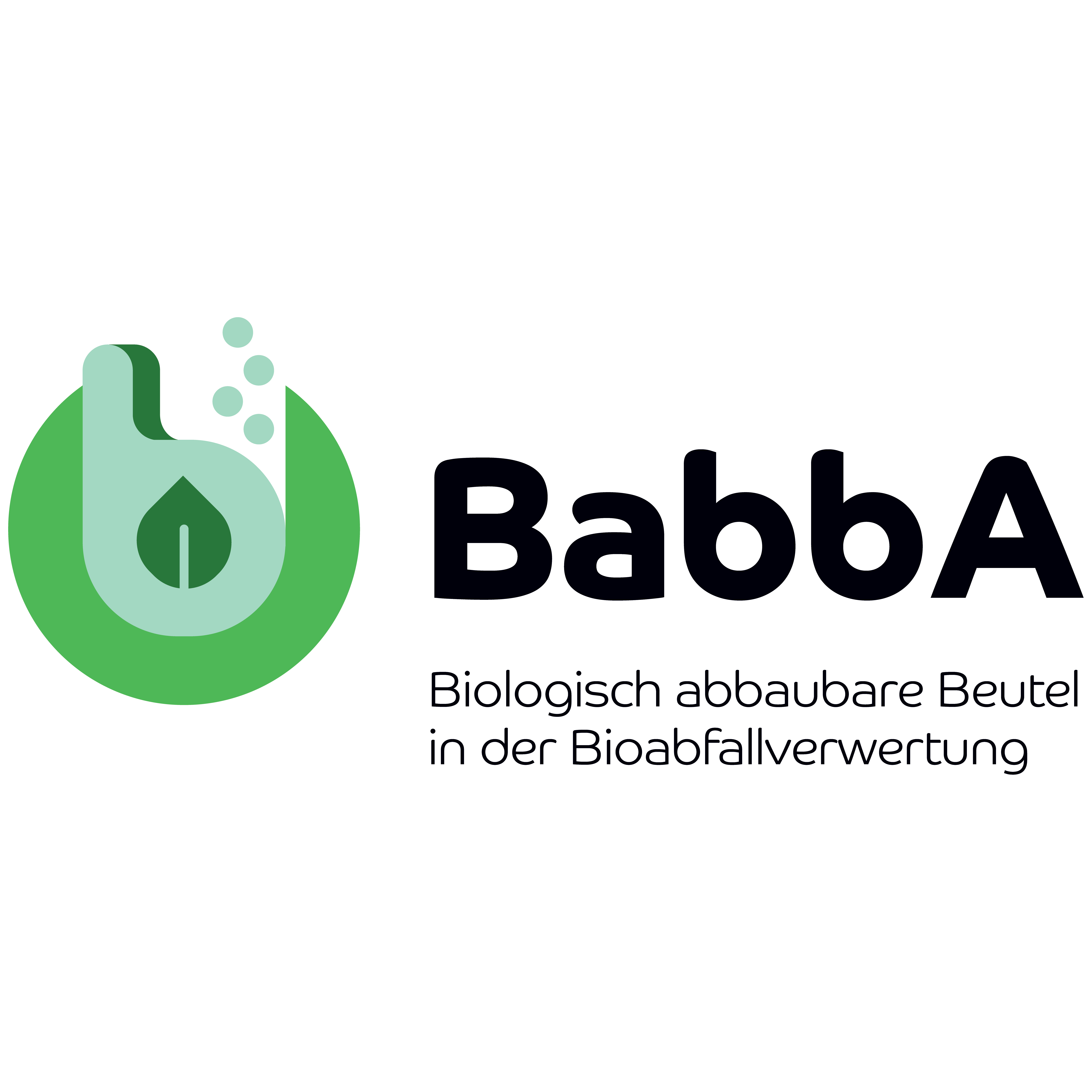
Babba - Biodegradable bags in biowaste recycling
Whether biodegradable bio-waste bags are really completely degraded during composting in the real technical recycling plants during the treatment time usual there has not yet been sufficiently investigated. That is why the Ministry of the Environment of Baden-Württemberg has launched the research project BabbA - Biodegradable bags in biowaste recycling: potential to displace conventional plastic bags, degradation in the plant, environmental relevance. BabbA investigates whether various biodegradable bio-waste bags are actually completely degradable in the bio-waste recycling plants, and checks whether and in what quantity remnants of the bags can be detected as microplastics in the compost.
Funded by: Ministry for the Environment, Climate and Energy Management Baden-Württemberg
Further information: Project Babba
